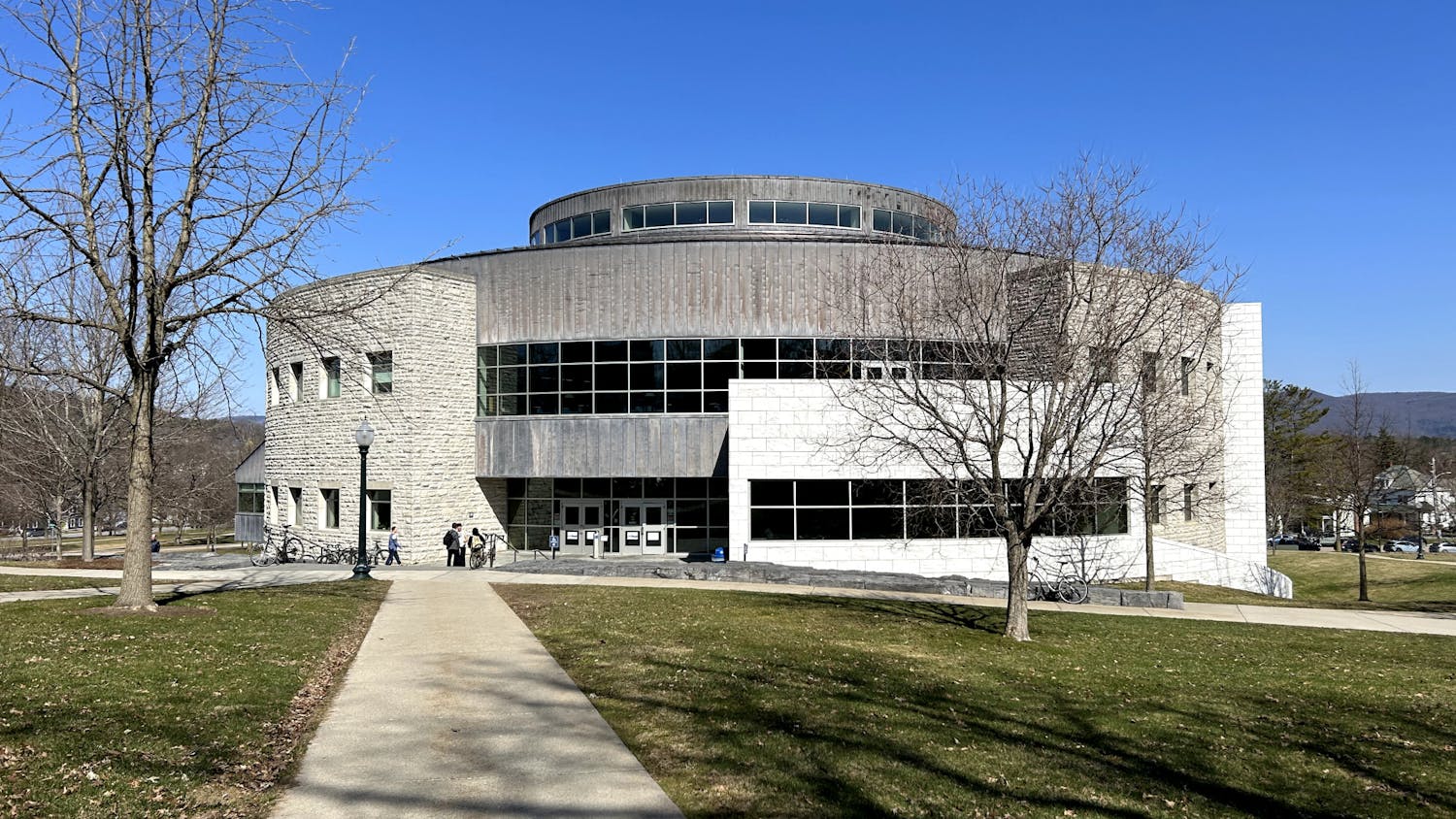While we may still be surprised by another snowfall, it’s safe to say that we’ve made it: spring is here. We’ve ditched the winter coats. The days are getting longer. The sun feels warmer. The UV index is slowly creeping up and flowers are starting to bloom. Middlebury is finally starting to regain some color after a long, gray winter. With these welcome changes, we are reminded of all the warm weather activities Vermont has to offer.
But with the change of seasons also comes a shift in student culture. Students usually find themselves in an environment where it seems like everyone is competing to be the most productive or have the busiest schedule. As the weather starts to warm up, it transforms into a competition to see who can spend the most time outside with their friends, without falling behind in academics. It is vital to students' long-term health, happiness, and productivity that we — with the support of administrators and faculty — find ways to balance relaxation and work.
Our social media feeds and conversations are slowly but surely being infiltrated by the fun activities our peers are doing in and around Middlebury. Beyond the restrictions of workloads, though, those without access to cars on campus have a much more difficult time participating in some of the activities that people cite as the best parts of going to school in rural Vermont, such as going for hikes off campus or jumping in the Gorge. While there is free and frequent transportation to and from the Snow Bowl during the winter months, the college does not provide students with accessible transportation to outdoor recreation spots during the fall and spring.
Likewise, some students’ course loads, extracurriculars, jobs and other responsibilities do not afford them the luxury of taking a break to perch on a sun-soaked rock at Bristol Falls. Just as the weather gets nicer, our workloads begin to get heavier as finals season looms on the horizon. You might wonder, “How do they have time for that?” and “What am I doing wrong that keeps me cooped up in Davis while my friends haven’t even unzipped their backpacks today?”
We know — the FOMO is real. And it doesn’t just affect graduating seniors who want to enjoy their last month of college, or upperclassmen who want to make up for time lost to the pandemic. Underclassmen, too, are victims of warm-weather FOMO. As a Board, we reflected on how difficult it was to say “no” to activities with our new friends when we were first starting at Middlebury. We worried that if we missed one activity, outing or meal, our friends would forget about us (an undoubtedly irrational, yet common, fear). It was difficult to suppress those anxious feelings and stay in the library when others were out having fun without us.
By no means are we advocating for everyone to ditch their classes and throw their laptops into Lake Dunmore. Our student body has a remarkable work ethic, which is certainly something to be proud of. And for many of us, whether we like it or not, our GPA’s are important to potential employers or grad schools. However, it is also essential for your overall well-being to realize that you do not need to spend every minute of every day working. You have to set aside some to relax or you risk burning out. You also deserve to pursue what makes you happy beyond academic validation.
As a result of this tricky balance, we have come up with some suggestions for how to effectively balance your responsibilities when it seems more and more tempting to put down the books, get outside, and enjoy the spring weather.
Prioritize. There are most certainly times when you need to sit down and grind. But on days when you don’t have an important deadline and the opportunity presents itself to do something fun, consider going outside and coming to terms with the fact that sometimes, it’s not always necessary to read every word of every reading for every class. Cut yourself some slack. The work will still be there when you get back.
Compromise. When you have a lot to do but need to photosynthesize, go sit at a table outside a dining hall or set up camp on an Adirondack chair. You’ll probably face off against your internal dialogue that doubts whether or not you can actually get as much work done outside. And while that may be true, you will likely end the day happier than if you spent it inside. Alternatively, try working in your room with the shades and windows open. Some natural light and air can make studying a bit more bearable. Or , if you feel like you must stay in the library to write an essay but your eyes have started to hurt from staring at a screen all day, take a walk and outline the paper in your head.
Say “no” to things. Understand that you can skip some invites. Some days, it might be the best decision to know that the stress is not worth it and choose to turn down social plans. It’s unlikely that you’ll be able to fully enjoy any outdoor activities with thoughts of unfinished assignments rattling around in the back of your mind. Finish your work and reward yourself with a break after or an adventure the next day.
Focus on yourself. Don’t go on LinkedIn. It is very easy, especially in the spring when everyone is posting their post-grad or summer internship plans, to get sucked into the competition culture which causes unnecessary and unproductive stress. Likewise, if you’re wondering why so many people get to do fun things while you’re trapped in the library, it’s very possible that you have different goals, or even that they’re up all night finishing the work they didn’t get done during the day. Try to only worry about yourself, and the rest will fall into place.
While reframing some of these individual routines may be a good beginning to seeking out a more holistic work-life balance, we also recognize that we need institutional support in order to do this. Though this is first and foremost an academic institution, it’s the college’s responsibility to promote balance, health and happiness. As such, we ask that the college take a more active role in helping students manage the change of seasons.
Much like the free winter transportation, there should be a free shuttle that runs from ADK to the Snowbowl with an extra stop at the Gorge. This way, people without access to cars can participate in the hiking and swimming near the college.
Professors should be intentional and understanding with the work they give. On occasion, it feels like work is assigned just for the sake of assigning it. Finals season is approaching, and students are already juggling many stressful deadlines. Professors should consider whether an assignment will be truly beneficial to their students’ learning before sentencing them to another full day in the library.
Professors should take their classes outside when possible. After all, admissions makes a point to advertise outdoor classes in photos, on its website, or in brochures. At the very least, this could provide the college with some more photo-ops.
Give us a break to enjoy the outdoors, like Mountain Day at Williams College. On a random Friday at Williams every year, the president cancels class and the college provides transportation to fun outdoor activities. Yes, we have Dunmore Day, but a break in the work week would be beneficial.
We recognize that different strategies work for different people, but we hope that you can find something in this article that resonates with you to help ease the transition from winter to spring. Remember to stay true to your goals, but also that the best college memories will most likely not be made in a study carrel.




